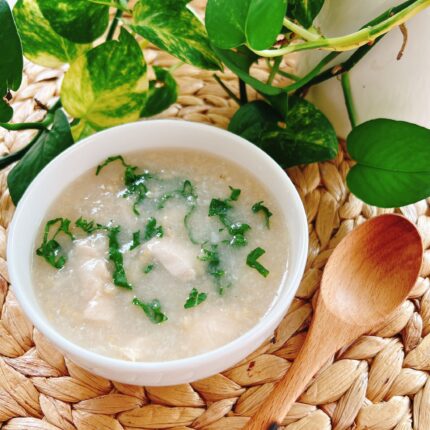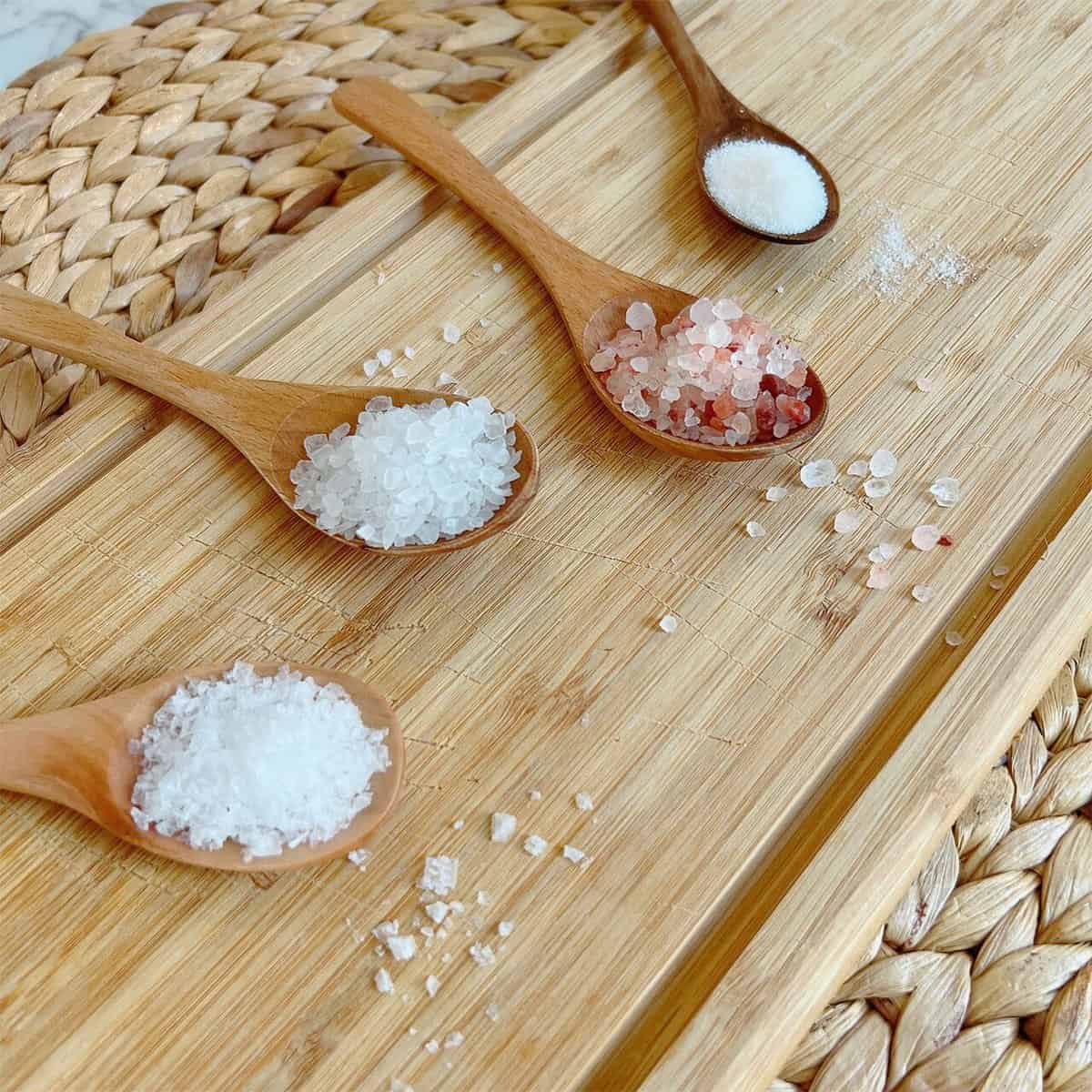Since young, we have been told that having too much salt in our meals is not good for our health. It can increase blood pressure and lead to a heart attack. It has had so much bad publicity that millions of people had to eliminate it completely or cut down on this natural mineral excessively. However, as we have learned more about the benefits of salt, we now understand that it is an essential part of our diet when used in the correct quantities.
How does salt keep us healthy?
Salt is vital for digestion – Let’s be honest. Salt makes food tasty! Not only does it brings out the flavours in food, salt promotes stomach acid production, improving digestion and facilitates nutrient absorption and transportation of digested food throughout the body.
Salt helps reverse the effects of dehydration – Whenever a person is profoundly dehydrated or suffering from sunstroke, they are given saline, a form of salt. Profound dehydration leads to severe and sometimes dangerous electrolyte imbalances, including that of sodium. Salt helps to maintain fluid balance and osmotic pressure in the body.
Salt can act as a substitute for sports drinks – Athletes are advised to take sports drinks to replenish the electrolytes in their body that they lose during rigorous training. In under-developed countries where such commercial drinks are expensive, sports drinks are often substituted with a drink mix of salt and sugar. Salt consists of electrolytes that control the right volume of water our bodies require for normal blood pressure.
Why is having too much salt in our diet a bad thing?
Too much salt can make bones brittle – Too much salt in our diet can prevent the absorption of the calcium we need to keep our bones healthy and strong. The sodium in salt prevents the bones from getting the necessary calcium they need and can lead to osteoporosis, a risk especially for menopausal women.
Too much salt can weaken the immune system – Not only does too much salt contribute to a rise in blood pressure and increased risk of stroke and heart diseases, it can also weaken your immune system by disrupting the antibacterial function of immune cells, leading to an increased risk of infection and inflammation in the body.
Too much salt can damage your kidneys – Too much salt, which is a mineral, can cause your kidneys to deteriorate. The presence of too much of this mineral in your meals can escalate blood pressure and cause crystal formations in your kidneys. The sodium in salt is primarily to blame. To keep your kidneys healthy, be careful not to overload with salt.
Is salt OK for babies?
Although ok, it is not necessary to add salt in a baby’s diet. In fact, too much salt can be very harmful to a baby’s immature kidneys. Babies only need very small amounts of salt and this is naturally provided in the mother’s breast milk. If a mother chooses to use formula milk, this is also formulated to contain just the right amount of salt for a baby’s needs. Be sure to use the formula intended for your baby’s age and in the right dosage as recommended by the manufacturer.
In conclusion, salt in and of itself is not bad for you. It contains essential minerals that we need for a healthy body. Having salt in our diet is not a bad thing as long as we don’t regularly consume more of it than we need.







